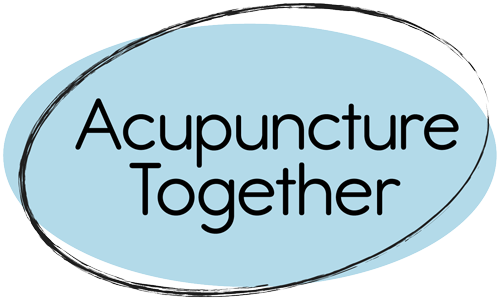 Many health conditions can crop up as a result of chronic stress and/or worsen due to stress. Some examples are indigestion and irritable bowel syndrome (IBS); weakened immune function (i.e. frequent colds); hypertension (high blood pressure); headaches and migraines; menstrual irregularities, menstrual cramps, PMS and PMDD; anxiety, panic attacks, post-traumatic stress disorder (PTSD) and depression; insomnia; fatigue; low libido; and muscle tension and pain. Stress is often a factor in these conditions and others because it affects the nervous system and various hormones that are released in times of stress, affecting various systems of the body.
Many health conditions can crop up as a result of chronic stress and/or worsen due to stress. Some examples are indigestion and irritable bowel syndrome (IBS); weakened immune function (i.e. frequent colds); hypertension (high blood pressure); headaches and migraines; menstrual irregularities, menstrual cramps, PMS and PMDD; anxiety, panic attacks, post-traumatic stress disorder (PTSD) and depression; insomnia; fatigue; low libido; and muscle tension and pain. Stress is often a factor in these conditions and others because it affects the nervous system and various hormones that are released in times of stress, affecting various systems of the body.
Acupuncture is helpful for stress and stress-related ailments because it helps to regulate the nervous system and hormones. There are also acupuncture points used for particular health conditions and symptoms, whether those symptoms are related to stress or not. The holistic approach of acupuncture takes into account both the “root,” meaning issues underlying one’s health condition(s), and the “branch,” or symptoms one experiences stemming from the root. With each treatment points are selected to treat both the roots and branches.
What can you do about ongoing stress, particularly when it’s situational (work-related, family-related, caretaking, etc.)? Take care of yourself as best as possible and find outlets for stress relief when you can. Exercise, deep breathing, time outside and talking with loved ones are all healthy ways to manage stress on a day to day basis. Acupuncture once every week or two is a great way to de-stress and stay healthy. If you have a health condition that is linked to stress, it’s helpful to obtain acupuncture regularly depending on the severity: once a week when mild, twice a week when moderate, and 3 or more times if severe. You can always ask an acupuncturist for a recommended course of treatment, and feel free to experiment with frequency for yourself to obtain an outcome that feels helpful for you.
